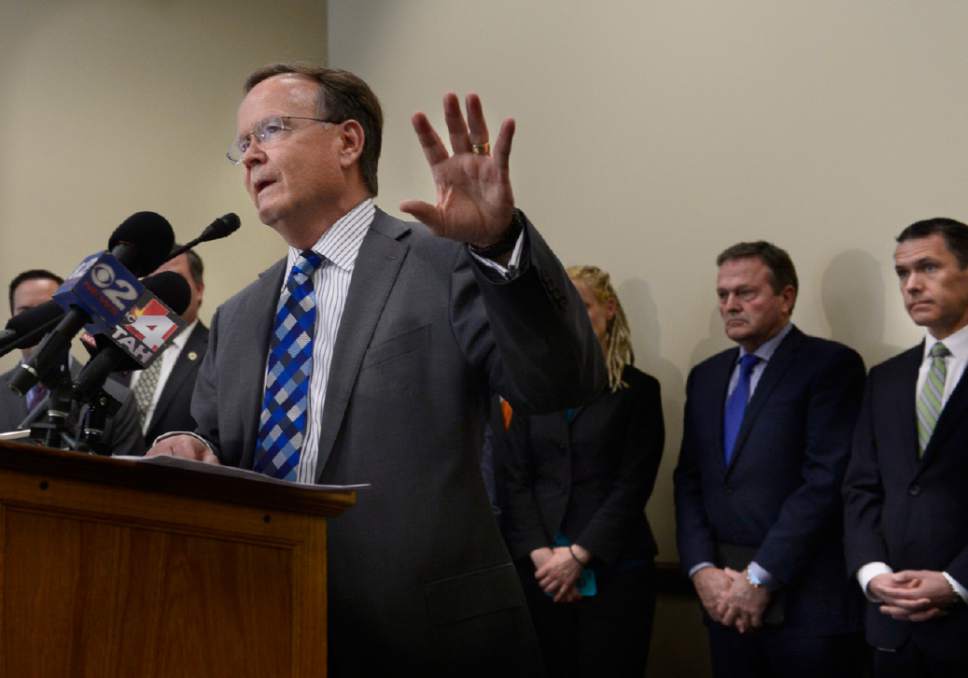This is an archived article that was published on sltrib.com in 2017, and information in the article may be outdated. It is provided only for personal research purposes and may not be reprinted.
Utah's manufacturing industry would see a roughly $60 million tax break under a bill that gained preliminary approval of the Utah Senate on Monday.
Senators voted 21-4 in favor of SB197, which extends an existing tax exemption to include manufacturing equipment with a depreciation term of three years or less.
Bill sponsor Sen. Stuart Adams, R-Layton, said that manufacturing is at the core of economic development.
Excluding short-term investments from tax credits, he said, has prevented existing companies from expanding and new companies from launching within Utah.
"They are less competitive," he said. "It's hard to bring them into the state."
But critics questioned the optics of a large corporate tax break at a time when lawmakers are considering an increase to the tax that residents pay on groceries.
Senate Republicans are currently working on a package of tax reform bills, with the primary objective of combining a restoration of the state sales tax on food with a decrease in the general sales tax rate.
"I wonder about the signal we give to the population," said Sen. Lyle Hillyard, R-Logan, "that we want to raise sales tax on food at the same time we want to give corporations a break like this."
And Sen. Jim Dabakis, D-Salt Lake City, said the $60 million benefit to manufacturers comes at a cost to state services, particularly public education.
"Where do we put our money? Where do we put our souls?" Dabakis said. "I suspect it's a better investment to put it in our classrooms."
Adams said the state is dependent on economic growth to generate revenue. By making Utah manufacturing more competitive, he said, the state would receive more money for education in the long run.
"If we actually grow the economy, make that tax revenue bigger," he said, "we get a bigger piece of that pie."
SB197 requires an additional vote in the Senate before advancing to the House.
Twitter: @bjaminwood





